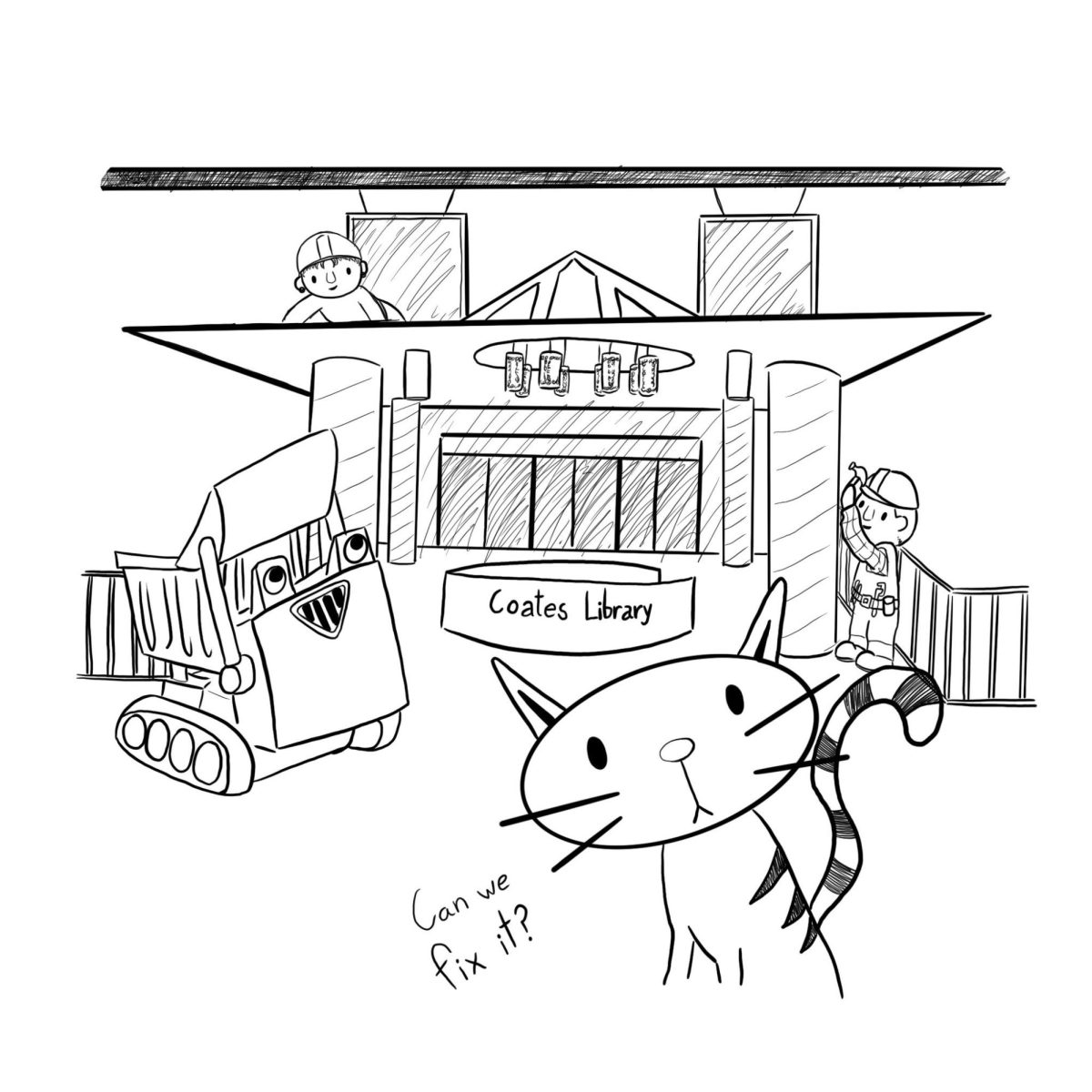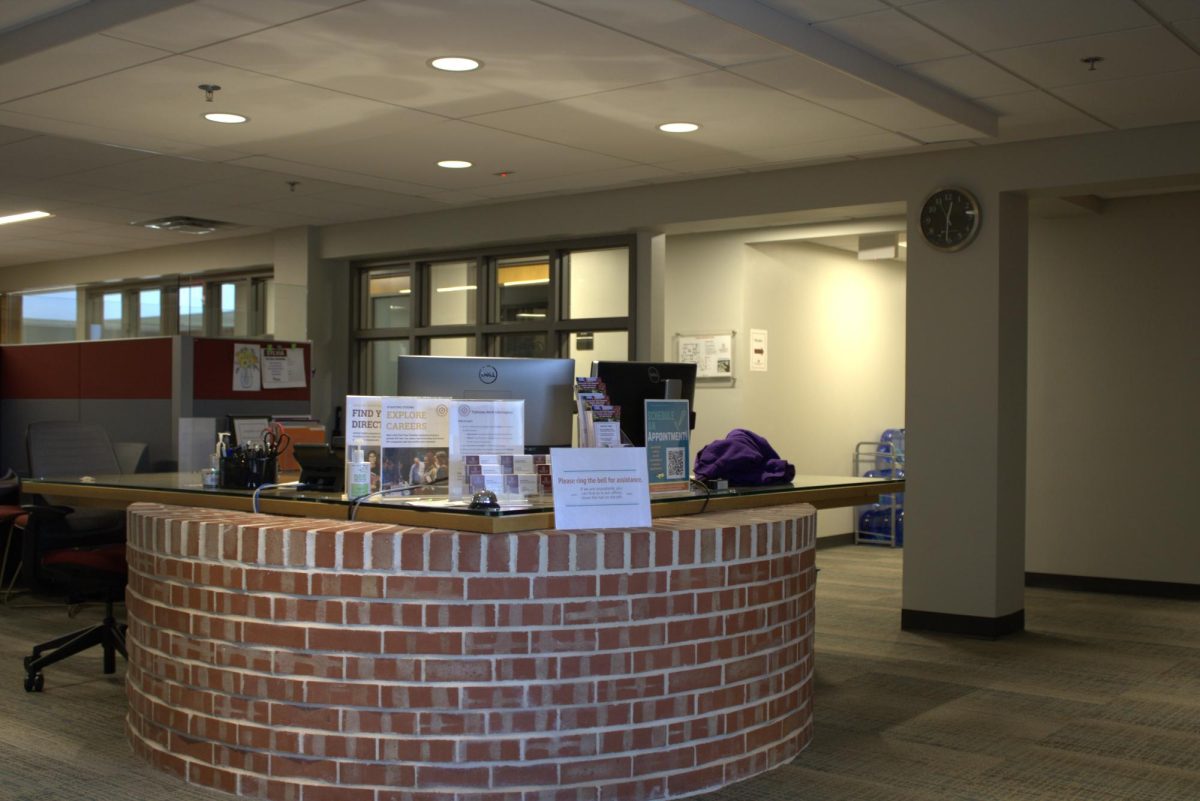Party culture at Trinity is no secret. Often sponsored by the university’s Fraternity and Sorority Life organizations, these events openly serve alcohol to students, both legal and underage. Held at unofficial “frat houses,” the parties are typically a drive and occur almost every week. Students at Trinity have been partying for years, but not without injury. Road accidents, sexual assaults and unsafe alcohol consumption are reminders of the dire consequences that partying can have. Many of these accidents occur during or due to a lack of transportation to and from parties, causing students to make unsafe and ill-informed decisions. A coordinated effort to create a frat row near Trinity would alleviate many of these problems and allow students to be safe while drinking.
Finding a ride to a party is easier said than done. One of the modes of transportation for frat parties is through rideshare apps like Uber and Lyft. While many students are willing to spend on an Uber, rides are expensive and can cost upwards of $20 not including tip. With parties occurring multiple times per week, the cost adds up. Rather than paying for a ride, students are incentivized to save money and time by driving. When intoxicated, past reservations about drunk driving can go out the window, and students can find themselves in very unsafe situations, whether they are driving or hitching a ride.
While some assert that students should rely on a designated driver, this is not foolproof; there would be no issue with transportation if it were. Students often consume alcohol when they plan to drive, and the inebriated people who they are driving often cannot discern what is safe or unsafe. Students could walk from campus, straight from their dorms, avoiding driving while intoxicated and preventing unsafe situations.
During the first few weeks of college, first-years are especially at risk of being sexually assaulted. This risk also rises when alcohol is added to the equation, often during frat parties. The location of frat houses far from campus can make intoxicated first-years extremely reliant on other students to drive them home or find a place to sleep. As frat houses are so far from campus and all first-years live in university housing, this further raises the risk of sexual assault. If the university created a frat row, first years would be more easily able to move to and from frat parties without the logistics of finding a ride. By making sure college students have an easy way to get home after a party, we can reduce the likelihood of sexual assaults.
Another solution Trinity created in response to drinking-related issues is its “Responsible Friend Initiative.” If a student calls TUPD for someone too drunk, the university ensures that the person is safe and does not face retribution. This often means picking a student up from a party and making sure they return safely to their dorm. However, if students are far off campus, such as at a frat party, TUPD often can not reach them. While Trinity says it encourages safety through the use of TUPD and other resources, if these resources cannot go to certain areas where Trinity students regularly party, it raises the question, how do they help at all? Locating parties close to campus would make sure students readily have access to lifesaving campus resources.
There are valid concerns with the creation of a frat row. Critics assert frat rows encourage hazing, noise complaints and other problems associated with drinking culture. Many argue it is a waste of resources for the university. However, if Trinity is encouraging FSL on campus, it should also be willing to address all the associated problems. There is little doubt that Trinity students will continue to party and participate in drinking culture, especially with all the opportunities FSL provides. Therefore, the university needs to make a concentrated effort to prioritize student’s safety and well-being. Creating a frat row would promote safety and reduce the risks currently associated with Greek life.





